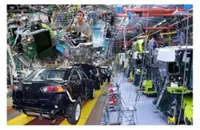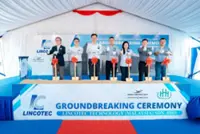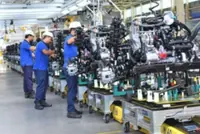PETALING JAYA: The tide is turning for the semiconductor industry in Malaysia as global data point to a slow but definite recovery on its way, says Malaysia Semiconductor Industry Association (MSIA) president Datuk Seri Wong Siew Hai.
Wong told StarBiz that from January to September this year, exports for the semiconductor industry amounted to RM435bil despite it recording a 0.6% decrease year-on-year (y-o-y).





